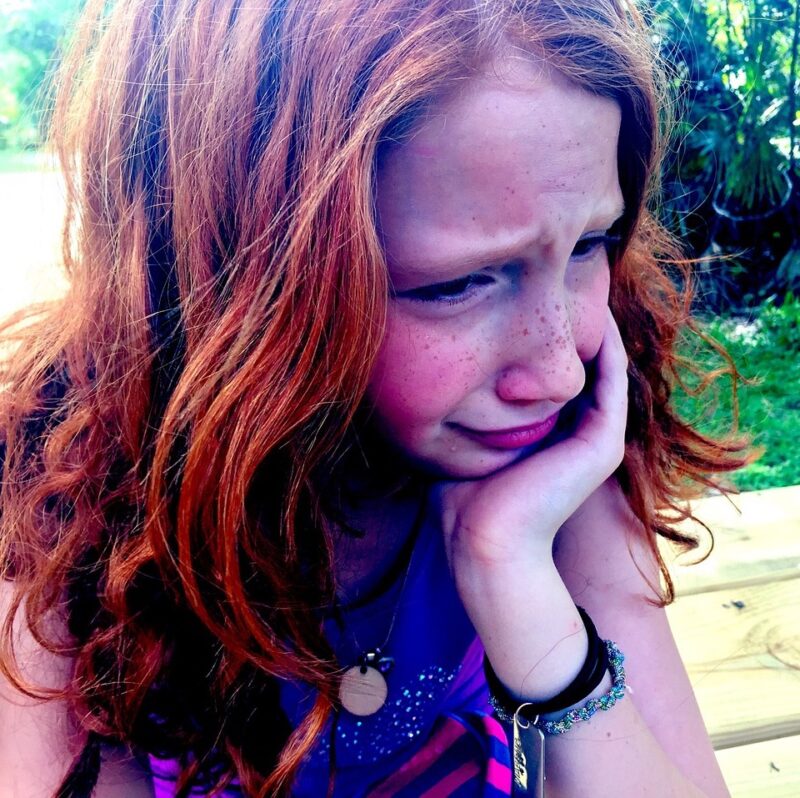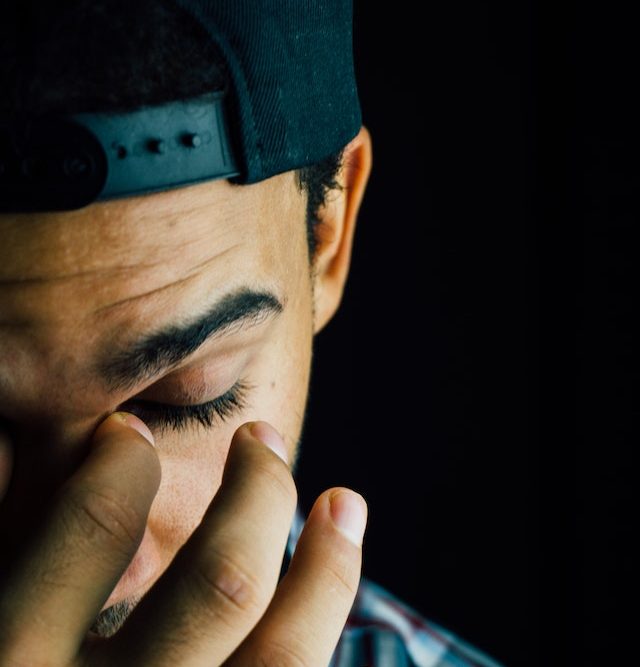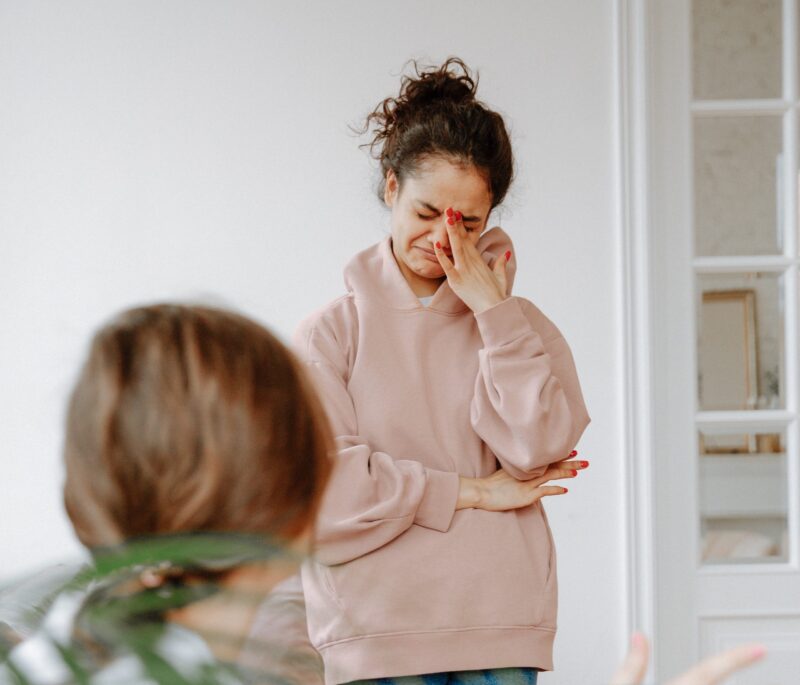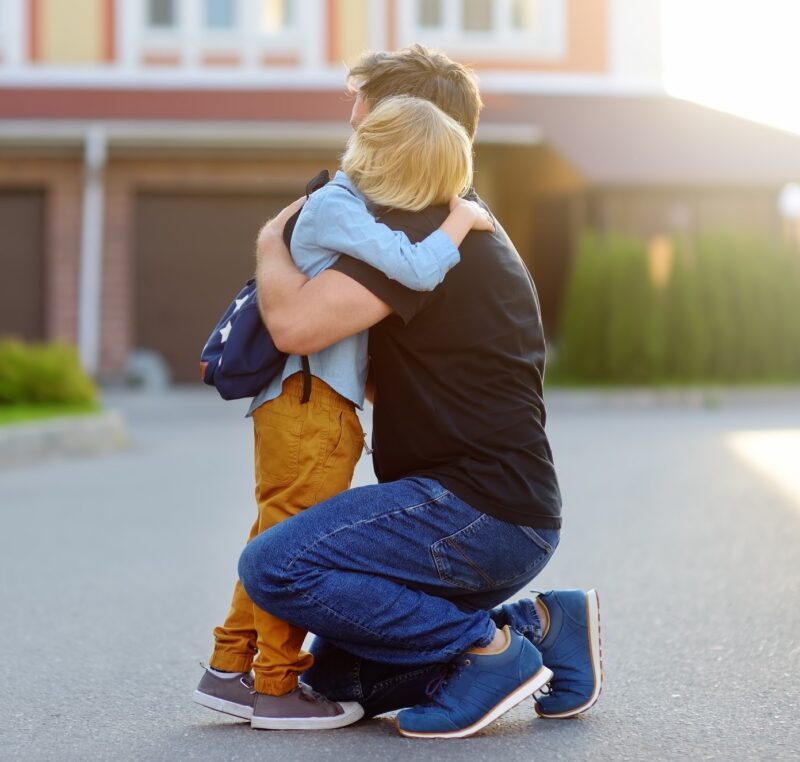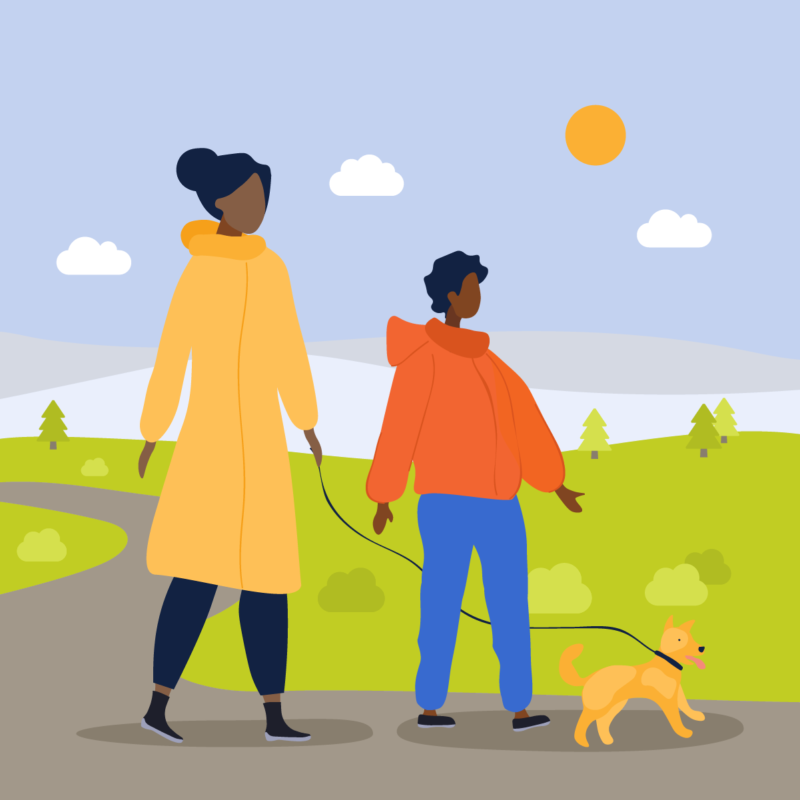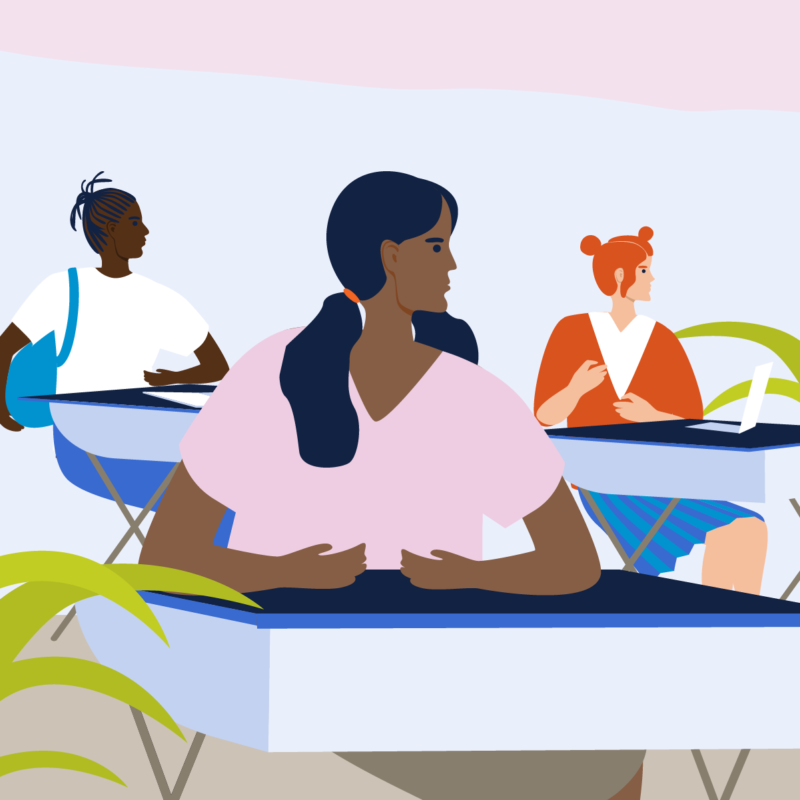
Talking to Children about War [downloadable]
International wars and conflict enhance our sense of danger and may cause worry about what will happen in the days and weeks ahead. A range of emotions (e.g., outrage, fear, anxiety and sorrow) are common and can change as the Read more >>
